3 Factors That Affect the Cost of an Asphalt Driveway
Understanding the factors that impact the cost of installing an asphalt driveway is crucial for proper budgeting. Various elements come into play, influencing the final price tag of this seemingly straightforward home improvement project. From the type of materials used to the complexity of the installation process, each component can significantly alter the expense. This blog post explores three key factors that affect the cost of an asphalt driveway, helping you make informed decisions for your next driveway project.
1. Considering the Size of the Driveway
First and foremost, the size of the driveway plays a pivotal role in determining the overall cost. The larger the driveway, the more materials are required, which naturally increases the price. Additionally, larger driveways often require more labor and time to complete, both of which contribute to higher costs. It's essential to carefully consider the length and width of the desired driveway area, as these dimensions will directly impact the expense of installation.
2. Evaluating the Quality and Type of Materials
Another essential consideration is the quality and type of materials chosen for your driveway, as these can significantly impact both performance and longevity. Premium asphalt, for example, offers enhanced durability and resistance to cracking, making it a worthwhile investment despite a higher upfront cost. Proper installation and regular upkeep further extend its lifespan, helping you avoid frequent repairs or replacements. According to HomeAdvisor, asphalt driveways can last between 15 and 20 years when installed correctly and maintained consistently. Additionally, selecting high-quality materials can improve the overall appearance of your property, provide better traction, and reduce the risk of damage from weather extremes, ultimately delivering greater long-term value and peace of mind for homeowners.
3. Understanding Labor Costs and Regional Differences
Labor costs and regional differences also considerably affect the overall expense of an asphalt driveway. Installation prices can vary based on location due to differing labor costs, climatic conditions, and local regulations. Areas with a higher cost of living may incur higher labor and material costs, influencing the total price. Additionally, complications during installation, such as grading or removing old pavement, can add extra charges, further elevating the total expenditure.
Multiple factors contribute to the cost of an asphalt driveway, with size, materials, and labor being key considerations. By understanding how these elements influence pricing, homeowners can make more informed decisions, ensuring that their project meets both budgetary and functional needs. Thorough planning and consideration of these factors will ultimately lead to a more satisfactory and cost-effective outcome for your new asphalt driveway. Contact Two Brothers Paving today to get a personalized estimate and expert guidance for your asphalt driveway project.
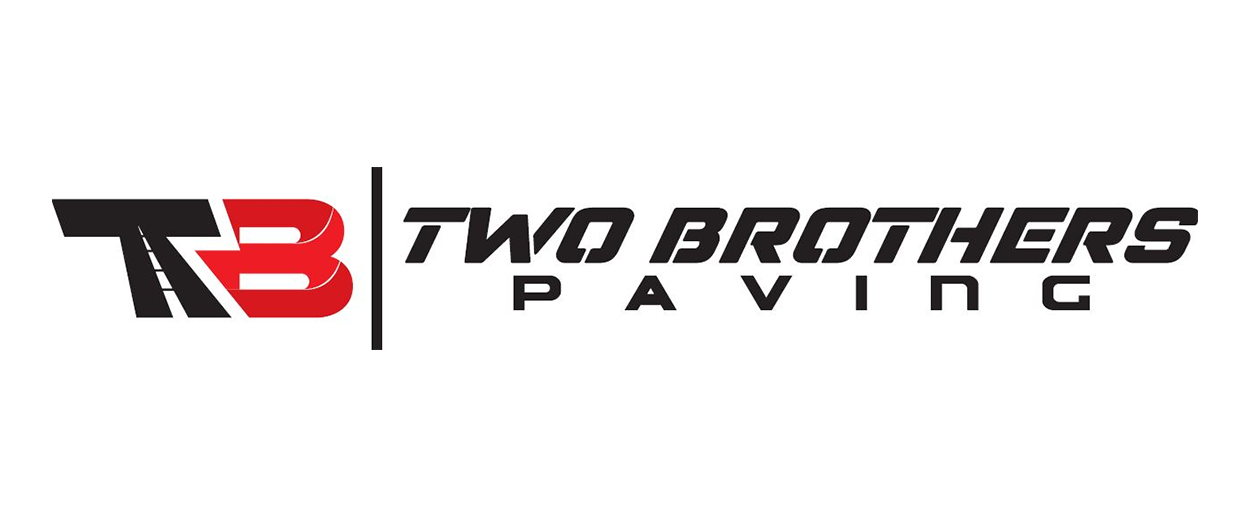
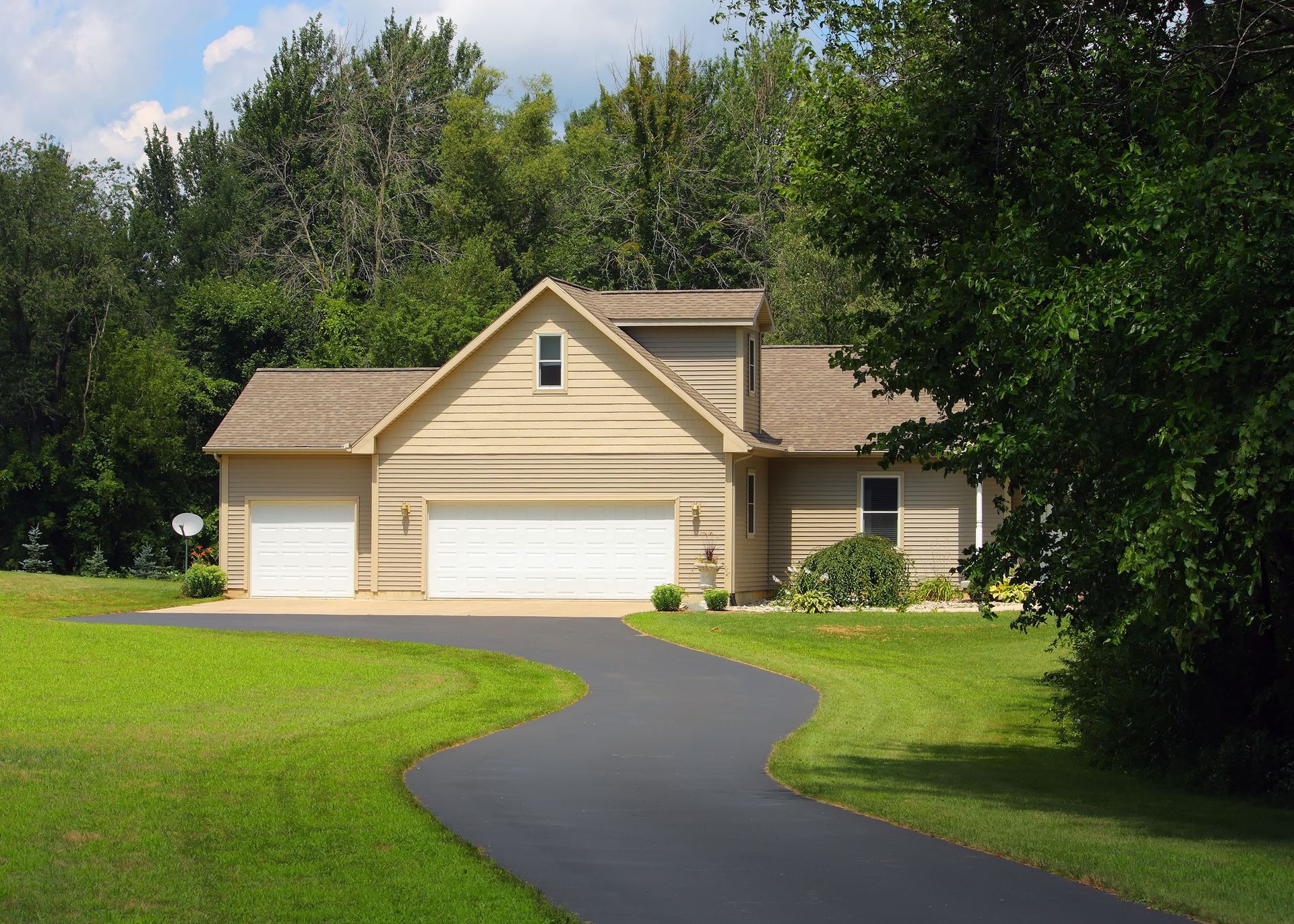
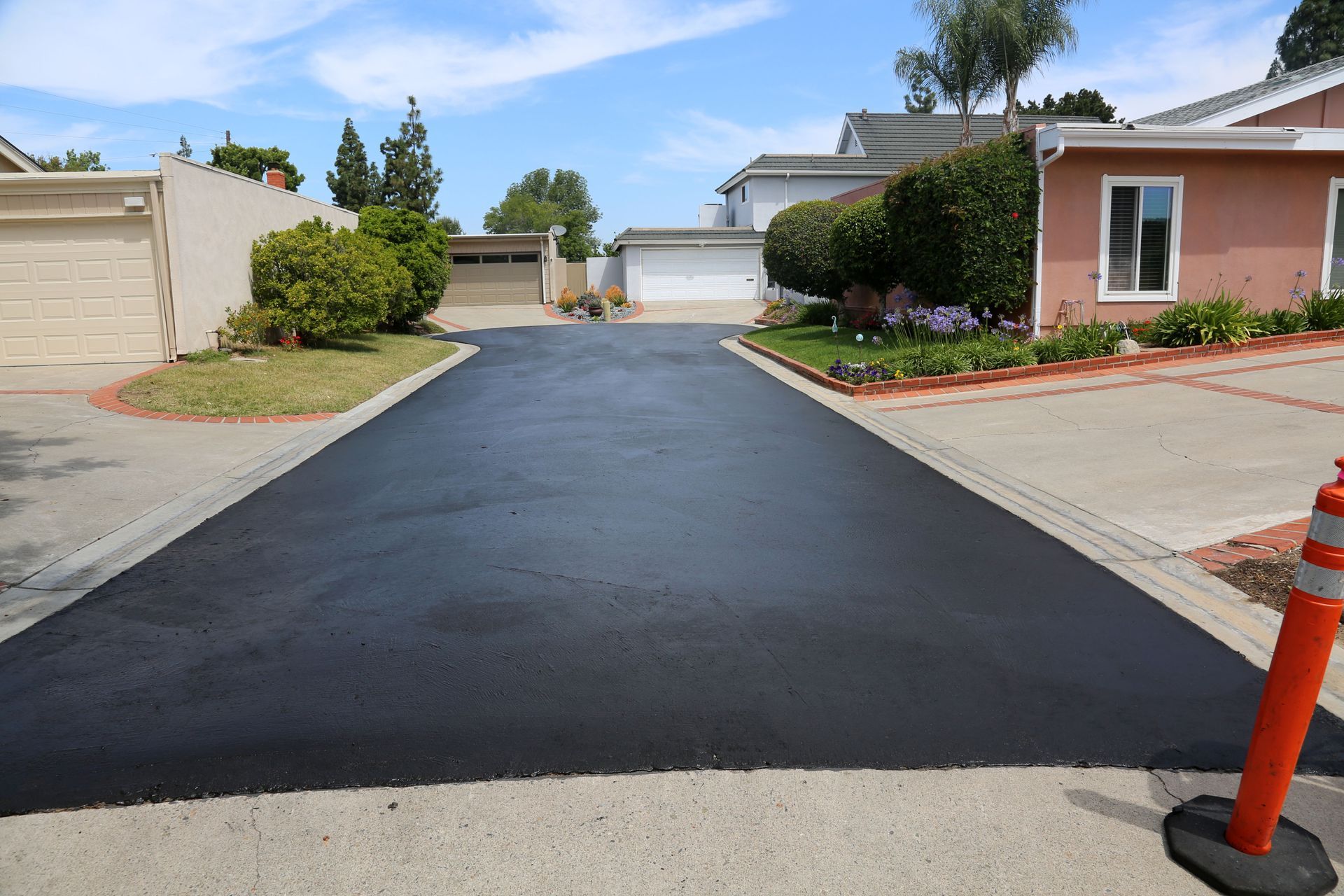
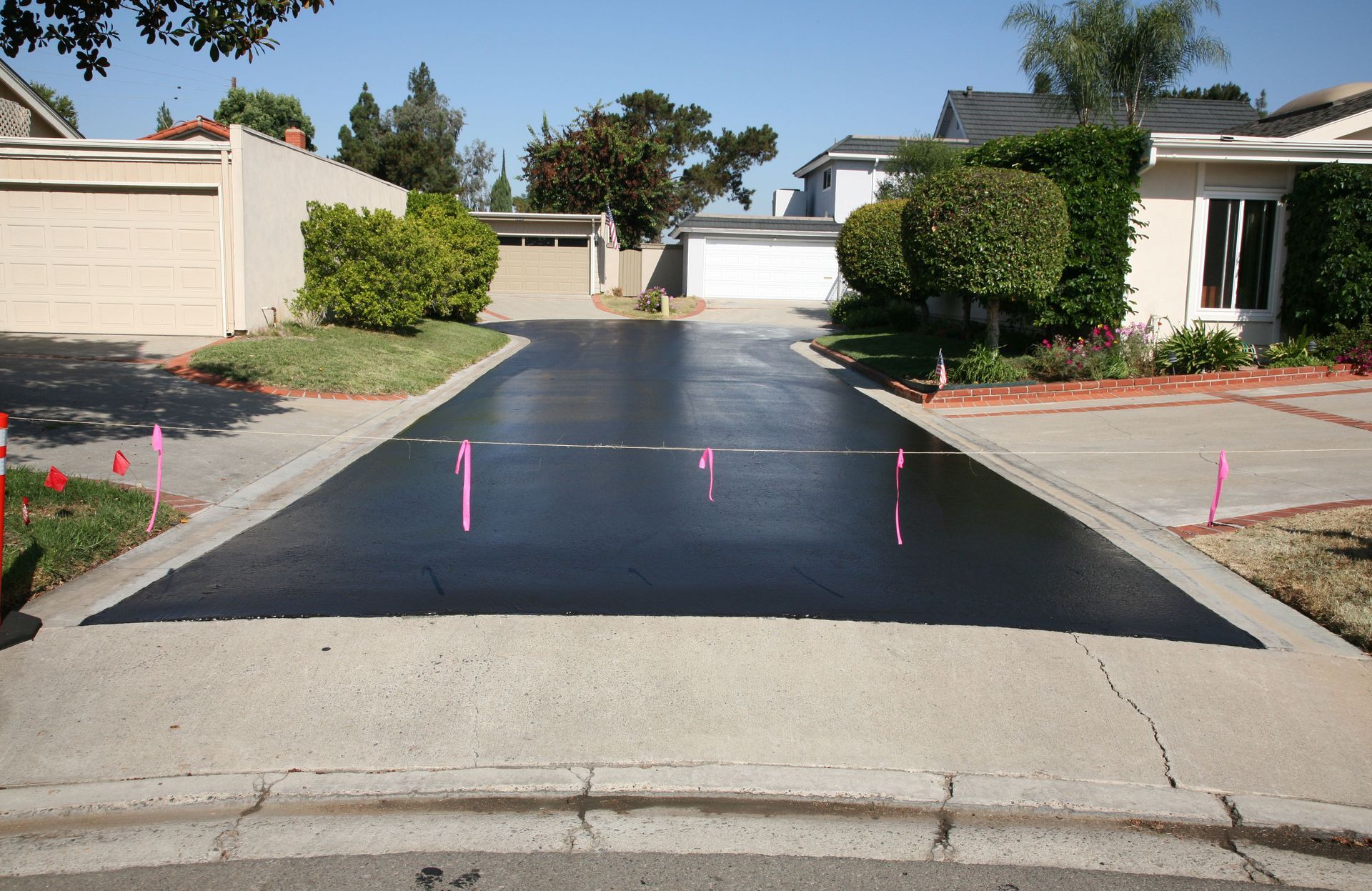
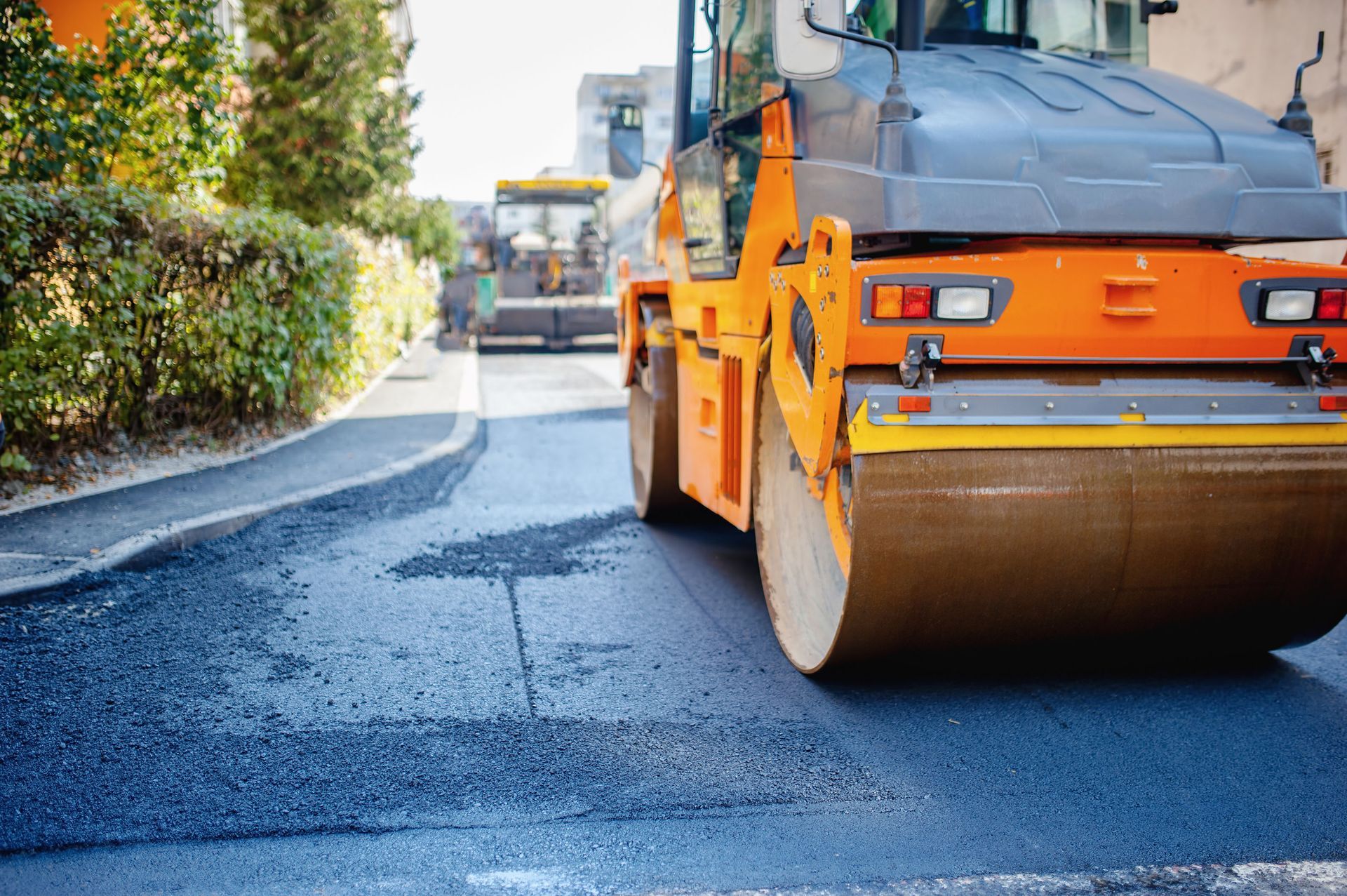

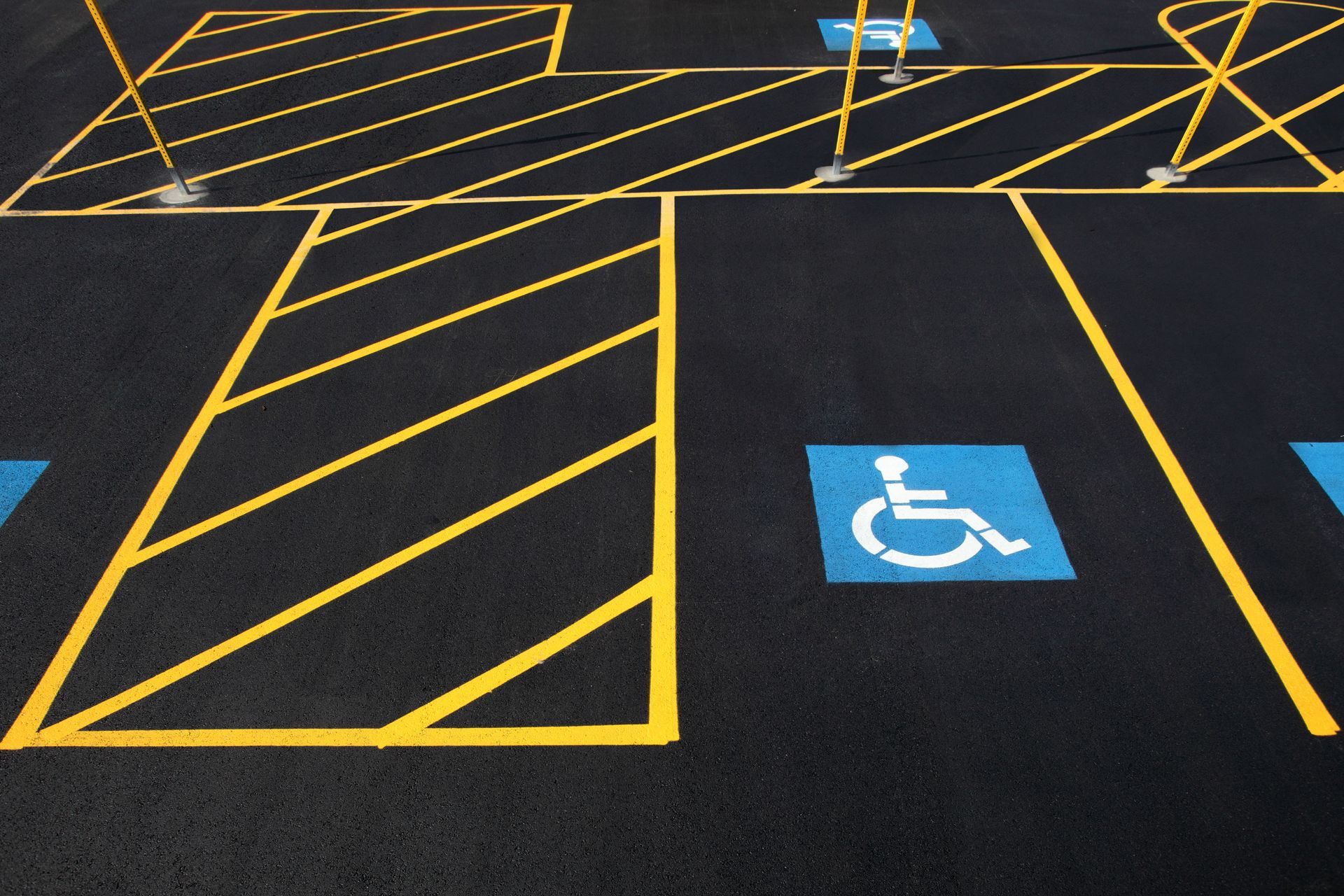
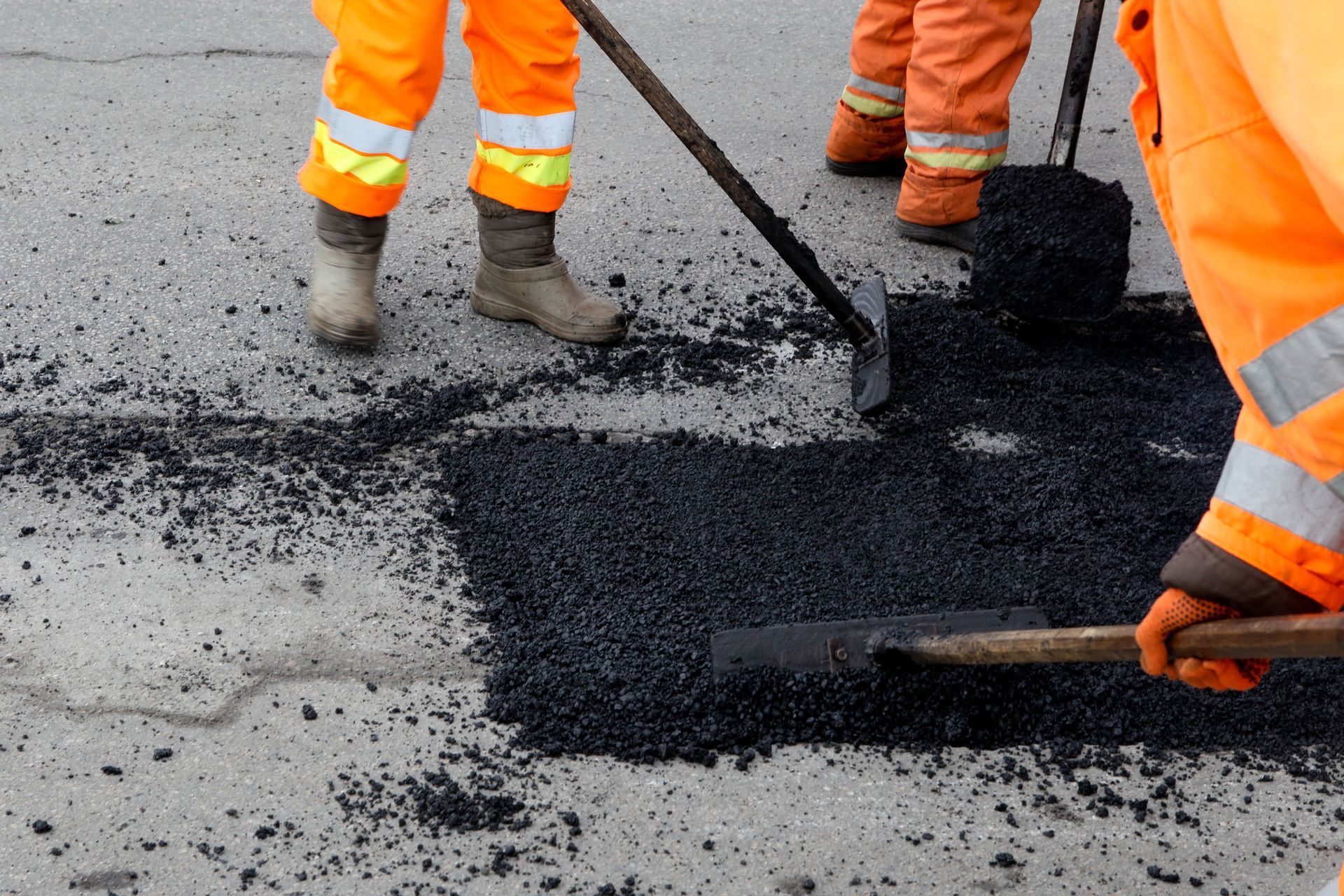
Share On: